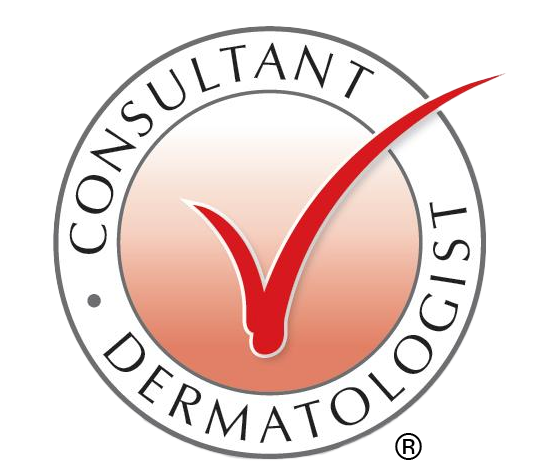Coronavirus (Covid-19)
What is Covid-19?
COVID-19 is a new illness that can affect your lungs and airways. It’s caused by a virus called coronavirus.
Check the HSE Website for regular updates on Covid-19 advice
How is Coronavirus / Covid-19 spread?
Coronavirus is spread in sneeze or cough droplets from person to person or by touching surfaces that droplets have landed on.
You could get the virus if you:
- come into close contact with someone who has the virus and is coughing or sneezing
- touch surfaces that someone who has the virus has coughed or sneezed on
As it’s a new illness, we do not know how easily the virus spreads from person to person. Spread is most likely from those who have symptoms.
The virus may only survive a few hours if someone who has it coughs or sneezes on a surface. Simple household disinfectants can kill the virus on surfaces. Clean the surface first and then use a disinfectant.
Symptoms of coronavirus / Covid-19
It can take up to 14 days for symptoms of coronavirus to appear.
Look out for one, some or all of the main symptoms:
- a cough – this can be any kind of cough, not just dry
- shortness of breath
- breathing difficulties
- fever (high temperature – 38 degrees Celsius or above) or chills
Other symptoms are fatigue, headaches, sore throat, aches and pains.
If you develop symptoms you will need to self-isolate and phone your GP. Do not go to a GP surgery, pharmacy or hospital. The GP will assess you over the phone. If they think you need to be tested for coronavirus, they will arrange a test.
Close contact
This is only a guide but close contact can mean:
- spending more than 15 minutes face-to-face contact within 2 metres of an infected person
- living in the same house or shared accommodation as an infected person
If you have been in close contact with a confirmed case in the last 14 days and you do not have symptoms, you need to restrict your movements. You only need to phone your GP if you have symptoms of coronavirus.
Do not go to a GP surgery, pharmacy or hospital!
Social distancing
Social distancing is important to help slow the spread of coronavirus. It does this by minimising contact between potentially infected individuals and healthy individuals.
DO
- keep a space of 2 metres (6.5 feet) between you and other people
- reduce interactions with people outside the workplace and home
- reduce the number of people you meet every day
- avoid communal sleeping areas
- avoid crowded places
- work from home if possible
DO NOT
- shake hands or make close contact, if possible
Slow the spread
To help slow the spread of coronavirus:
- anyone who has symptoms should self-isolate for 14 days
- everyone should limit unnecessary social contact as much as possible
- at-risk groups should avoid close contact with people outside the home
Follow this advice as strictly as possible and encourage others to follow this advice too.
DO
- Wash your hands properly and often.
- Cover your mouth and nose with a tissue or your sleeve when you cough and sneeze.
- Put used tissues into a bin and wash your hands.
- Clean and disinfect frequently touched objects and surfaces.
- Avoid close contact with people – keep a distance of 2 metres (6.5 feet) between you and others.
- Avoid crowded places, especially indoors.
- Follow the travel advice from the Department of Foreign Affairs.
- Stay at home if you are sick to help stop the spread of whatever infection you may have.
DO NOT
touch your eyes, nose or mouth if your hands are not clean.
share objects that touch your mouth – for example, bottles, cups.
shake hands.
Getting tested for coronavirus
If you develop symptoms you will need to self-isolate and phone your GP (do not go to the GP surgery, pharmacy or hospital). The people in your household need to restrict their movements.
The GP will assess you over the phone. If they think you need to be tested for coronavirus, they will arrange a test.
HSELive is an information line only and can’t order coronavirus tests.
Treatment for coronavirus
There is no specific treatment for coronavirus. But many of the symptoms of the virus can be treated.
Drink plenty of water. Paracetamol or ibuprofen may help with symptoms such as pain or fever. Paracetamol is usually recommended as the first-line treatment for most people. Before taking any medication you should read the full package leaflet that comes with your medicine. You should also follow any advice a healthcare professional gives you.
If you get the virus, your healthcare professional will advise treatment based on your symptoms.
Antibiotics do not work against coronavirus or any viruses. They only work against bacterial infections.
Supportive treatments, like oxygen therapy, can be given while your own body fights the virus. Life support can be used in extreme cases.
Vaccine
There is currently no vaccine to treat or protect against coronavirus.
The flu vaccine does not protect against coronavirus.
General guidance for people with skin conditions
The Irish Skin Foundation operates an ‘Ask a Nurse’ Helpline service where dermatology nurses provide support, information and general guidance for your skin condition. Submit your question any time by filling out the ‘Ask a Nurse’ form.
The IAD and other dermatology organisations have been working to provide the up-to-date guidance for people with skin conditions during this rapidly evolving situation. The IAD will ensure this content is regularly updated.



